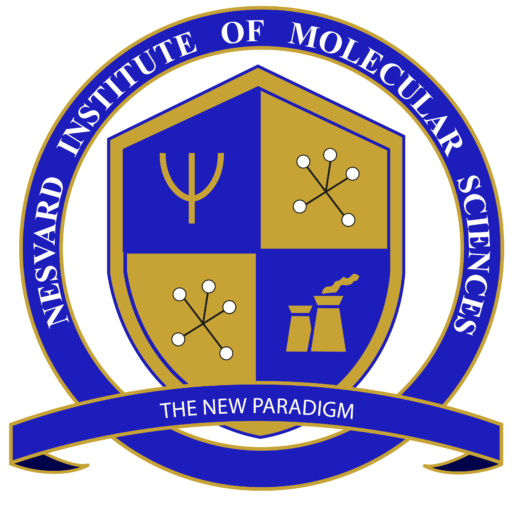Departments
Department of Molecular Quantum Chemistry
Molecular quantum chemistry is a branch of physical chemistry focused on the application of quantum mechanics to chemical systems, particularly towards the quantum-mechanical calculation of electronic contributions to physical and chemical properties of molecules, materials, and solutions at the atomic level. These calculations include systematically applied approximations intended to make calculations computationally feasible while still capturing as much information about important contributions to the computed wave functions as well as to observable properties such as structures, spectra, and thermodynamic properties. Quantum chemistry is also concerned with the computation of quantum effects on molecular dynamics and chemical kinetics.
Department of Catalysis and Supramolecular Chemistry
We focus on catalysis of novel chemical reactions, design of new metal clusters derived from supramolecular chemistry which have promising applications in catalysis. Research on superatoms offers the potential to design molecules with unique bonding properties and groundbreaking features. Superatoms are atomic clusters of appropriate size and composition capable of exhibiting the chemical characteristics of an atom in the periodic table. Superalkalis and superhalogens are important subgroups of superatoms which have smaller ionization energy (IEs) than alkalis and greater electron affinities (EA) than halogens, respectively. Superalkalis and superhalogens can combine to form supersalts. They serve as energy storage and energy conversion materials.
